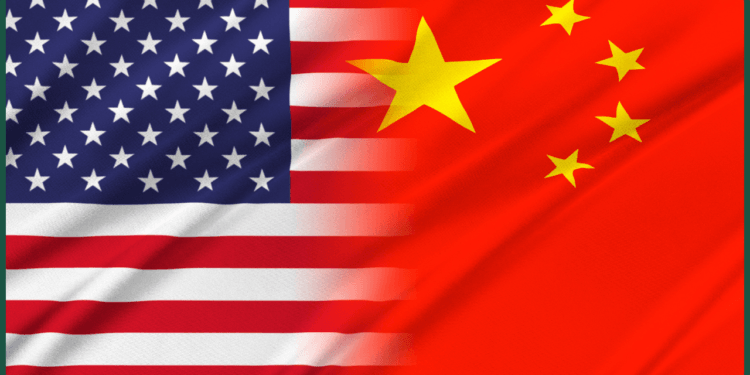Washington, D.C. – In a dramatic turn of events, U.S. President Donald Trump announced on Wednesday a significant escalation in the ongoing trade war with China, raising tariffs on Chinese imports to an unprecedented 125% from the 104% rate that took effect just a day earlier. The move, which intensifies the economic standoff between the world’s two largest economies, was coupled with a temporary reprieve for other trading partners, as Trump suspended select tariffs for 90 days to allow for negotiations. The unexpected policy reversal sent U.S. stock markets soaring, with the S&P 500 climbing over 6% in a single day.
The announcement came less than 24 hours after steep new tariffs were imposed on imports from dozens of countries, a move that had rattled global markets, heightened recession fears, and triggered swift retaliatory measures from China and the European Union. Trump’s latest decision keeps a broad 10% duty on nearly all U.S. imports intact, while existing tariffs on autos, steel, and aluminum remain unaffected. However, the targeted suspension of other tariffs offers a brief window for U.S. officials to engage with nations seeking relief from the trade barriers.
“China’s been taking advantage of us for too long,” Trump said in a brief statement from the White House. “We’re hitting them where it hurts, but I’m giving our friends a chance to come to the table and make a deal. It’s America First, always.”
The sharp increase in Chinese tariffs marks a new peak in the years-long trade dispute, which has disrupted supply chains and fueled economic uncertainty. Analysts warn that the 125% rate could drastically raise costs for American consumers and businesses reliant on Chinese goods, from electronics to clothing. Beijing has yet to respond formally, though experts anticipate further countermeasures following its earlier retaliatory tariffs.
Meanwhile, the temporary easing of tariffs on other nations provided a much-needed boost to Wall Street. Bond yields retreated from earlier highs, and the U.S. dollar regained ground against safe-haven currencies like the yen and Swiss franc. Economists remain divided on the long-term impact, with some praising the negotiating leverage and others cautioning against the risks of prolonged trade tensions.
As the 90-day suspension begins, the White House has signaled its intent to prioritize bilateral talks, though details on specific countries or terms remain scarce. For now, the world watches as Trump’s high-stakes gamble unfolds.

















































